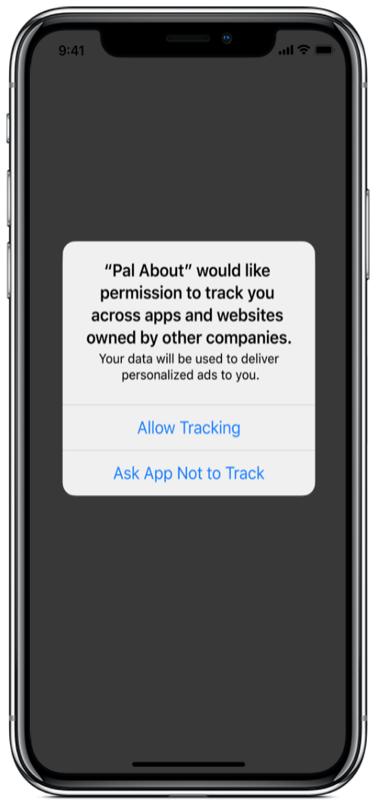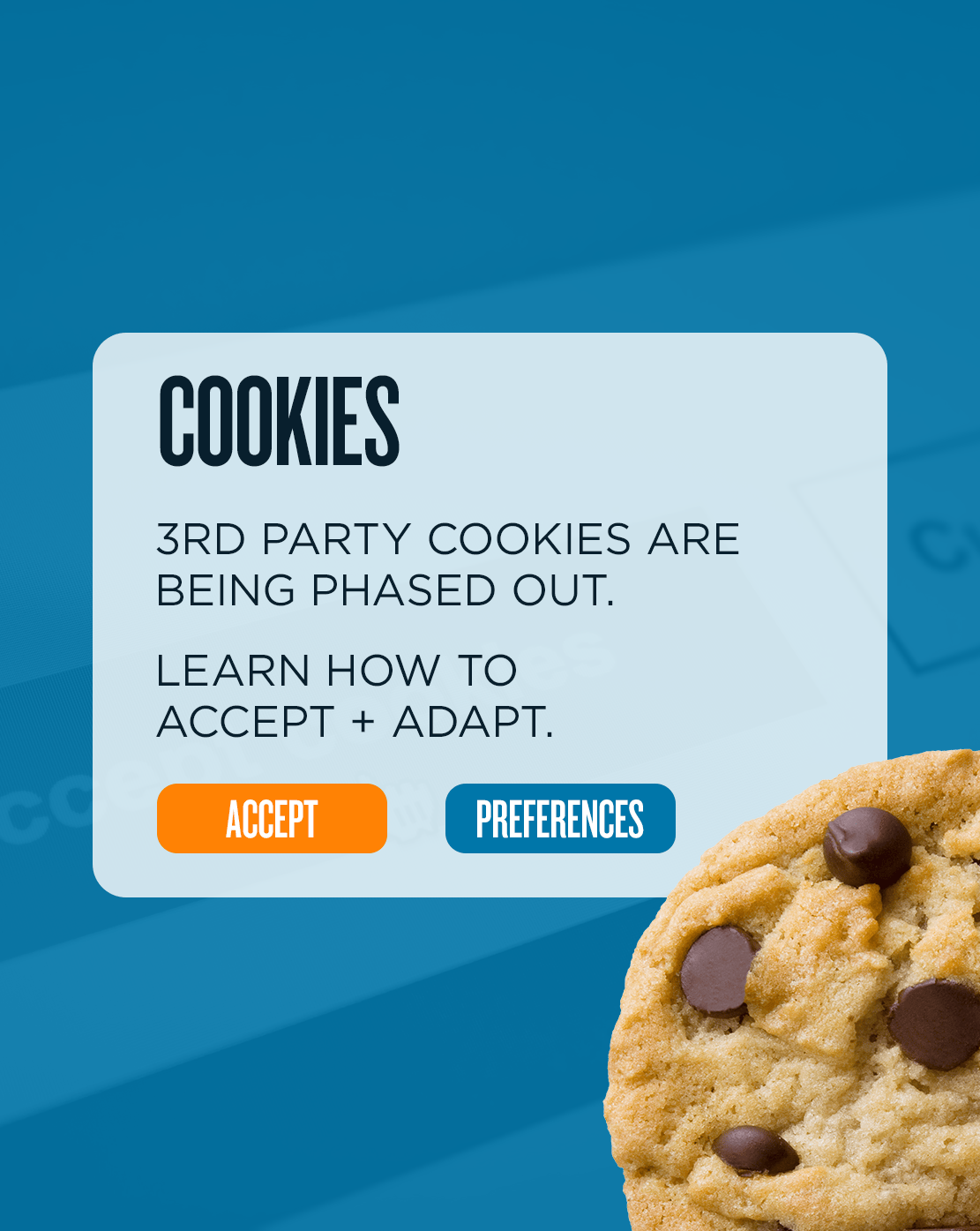
Personalized Advertising In A Privacy-First World
The Next Evolution In Digital Advertising
Over the years, advertisers like me have experienced first-hand the evolving ecosystem of advertising. This includes our ability to target users and consumers, track users across platforms, and report back on this data. In 2021, however, the evolution of privacy will lead to major changes in how we advertise.
As marketers, data is extremely important. Data allows us to follow users during their sales journey in order to serve ads that are personalized and relatable throughout the sales cycle. Data also allows us to track and exclude audiences from targeting when they have performed a key action, like making a purchase. Personalized advertising is impactful, and brings value to both the consumer as well as the advertiser.
Data allows us to follow users during their sales journey in order to serve ads that are personalized and relatable throughout the sales cycle. Personalized advertising is impactful, and brings value to both the consumer as well as the advertiser.
Today more than ever, users are demanding that their privacy be protected. Our lives are online, and our personal information in those spaces is both vital and vulnerable to misuse. Beyond the safety aspect, consumers want to have a say in how their information is being gathered, used, and managed.
Governments are passing data restrictions that put control of data into the hands of people. Examples of these laws are the General Data Protection Regulation (GDPR), California Consumer Privacy Act (CCPA), and Brazil’s data protection law (LGPD), to name a few. Data and privacy protection laws enforce transparency and control on how data is collected, what is being collected and shared, and the ability to opt out of data sharing or have data deleted.

Other changes that are taking place in 2021 involve Apple’s new ATT Privacy Protection Framework with the iOS 14 update. This will require all apps to prompt users to either opt in to be tracked or opt out of all tracking. For years, advertisers have relied on cookies (web-based) and device IDs (apps) to automatically opt in to tracking while giving consumers the ability to opt out in their personal browsers or app settings. Changes like the iOS 14 update from Apple will change tracking to be an opt-in policy rather than an opt-out.
Without cookies and device IDs, these changes will impact how we:
• Reach people who have opted out
• Deliver ads that feel relevant or useful
• Optimize ads toward conversions
• Accurately measure and report on campaign results
How Can Your Business Rise To The Challenge? We Can Help.
The challenge for advertisers today is effectively building relevant experiences that are tailored to users’ needs, lifestyles, and interests— all while protecting user privacy.
Without cookies and device IDs, information like email addresses and phone numbers will become more important to connect website and app activity to customer’s profiles. The way in which we ask users for their information and how transparent companies are will matter a great deal more.
2021 will be the year businesses are forced to think of ways to innovate their business practices to meet people’s expectations around relevancy and privacy.
Despite these challenges, personalization and privacy can exist within the evolving marketing ecosystem. 2021 will be the year businesses are forced to think of ways to innovate their business practices to meet people’s expectations around relevancy and privacy, and we’re here to help.
Recommended







